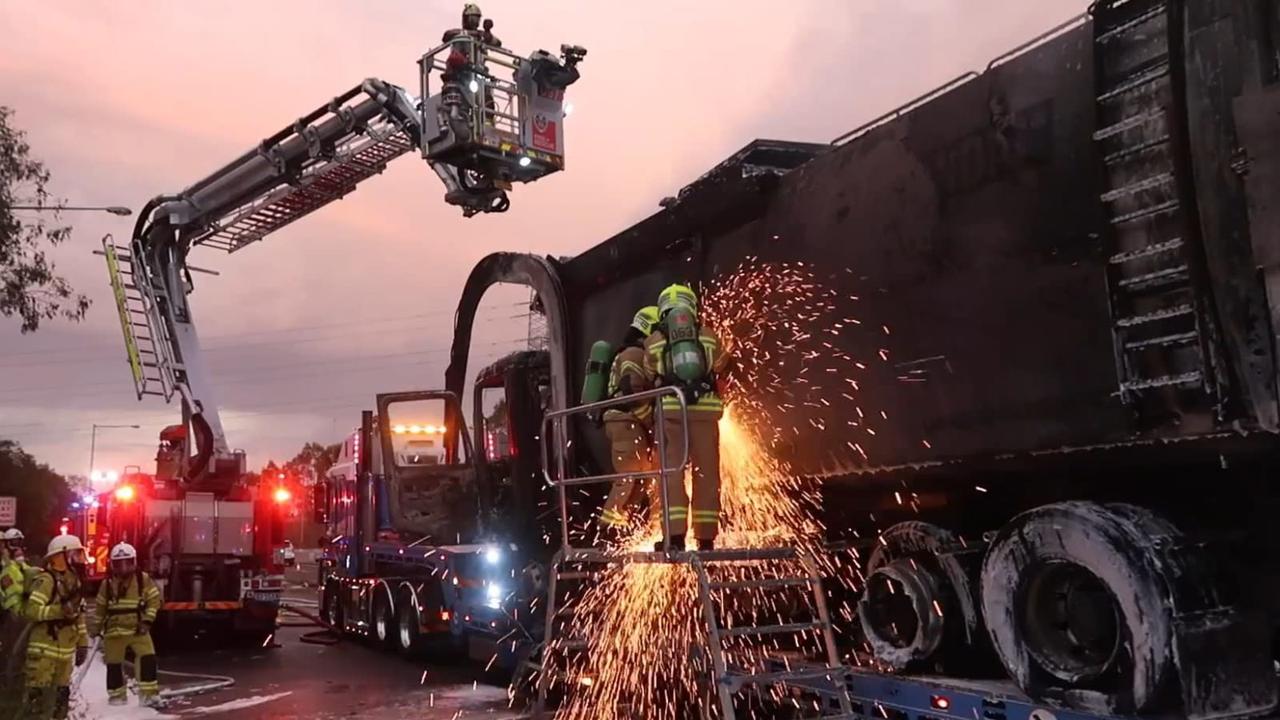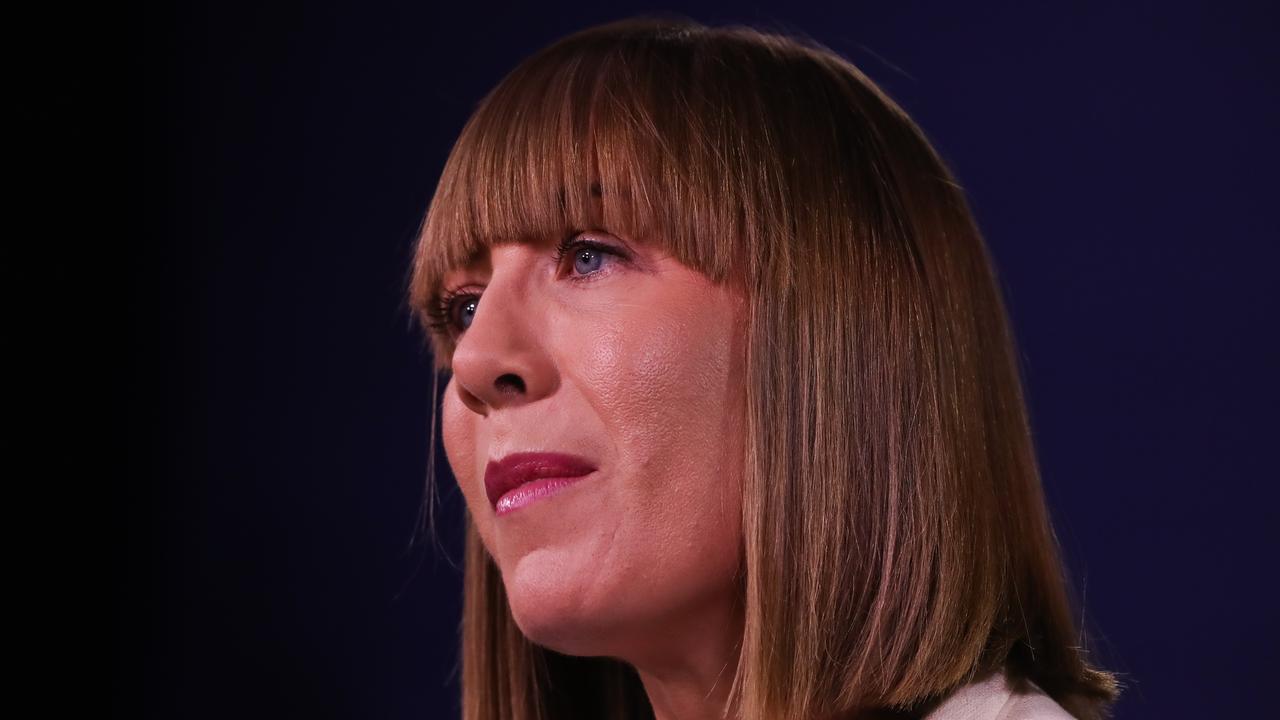Majority of NSW high school students failed Civics and Citizenship test
The majority of the state’s high school students have failed a test probing their knowledge of democracy while primary students are more concerned about climate change than Australian politics.

NSW
Don't miss out on the headlines from NSW. Followed categories will be added to My News.
The majority of the state’s high school students have failed a test probing their knowledge of democracy while primary school students are more concerned about climate change than Australian politics.
NSW Year 10 students’ knowledge of civic institutions and citizenship dropped from a high of 61 per cent in 2010 to just 40 per cent of students achieving a “proficient” result in the latest round of Civics and Citizenship tests.
Year 6 students fared slightly better in the tests conducted in 2019 by the Australian Curriculum and Assessment Reporting Authority, but the number of them deemed “proficient” in NSW has dropped from 64 per cent in 2007 to just 54 per cent in 2019.
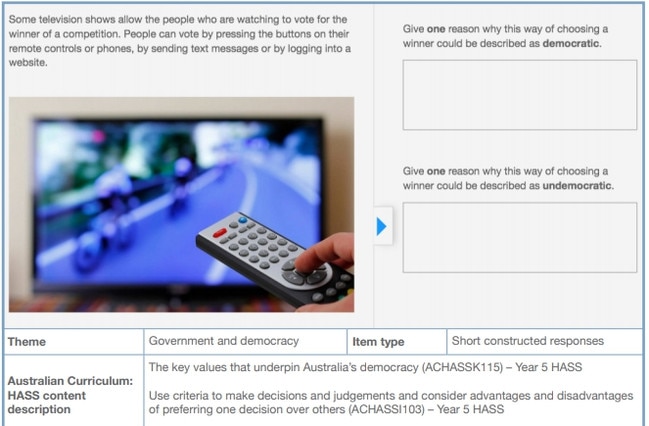
In one question which gave students the poll results of a hypothetical federal election and asked them which political parties could form a majority government based on the results, 87 per cent of Year 10 students could not answer the question correctly.
In another question, 55 per cent of Australian Year 10 students could not identify a single democratic principle that exists in Australia today.
Year 6 students who posted to social media at least once a week were less likely to do well in the tests, scoring 90 points lower than students who posted less frequently.
NSW Education Minister Sarah Mitchell yesterday declared there was “room for improvement” among the state’s high school students.
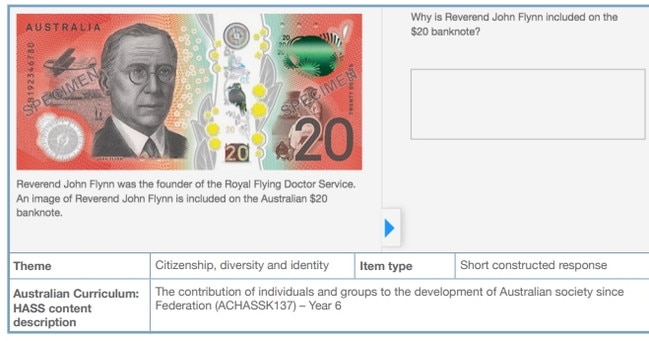
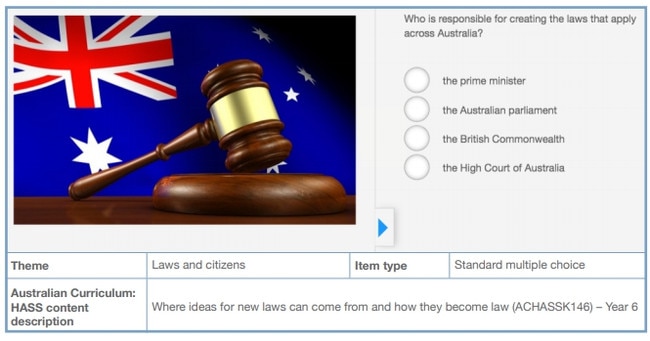
“Understanding our system of government and the democratic values that underpin our way of life is critical for our students — and for Australia’s future,” she said.
“In the age of social media and misinformation, understanding who we are as a nation has never been more important.
“I want our students in NSW to have a strong understanding of civics and citizenship, and these areas will be strengthened in our new syllabuses as part of the curriculum reform under way in NSW.”
The decline in results of the 10,121 students across the country who completed the tests coincided with a loss of trust in the media nationally, with only 36 per cent of Year 10 students saying they had faith in the media, compared to 55 per cent of students expressing trust in the Australian Parliament.
ACARA chief David de Carvalho said the results were disappointing.
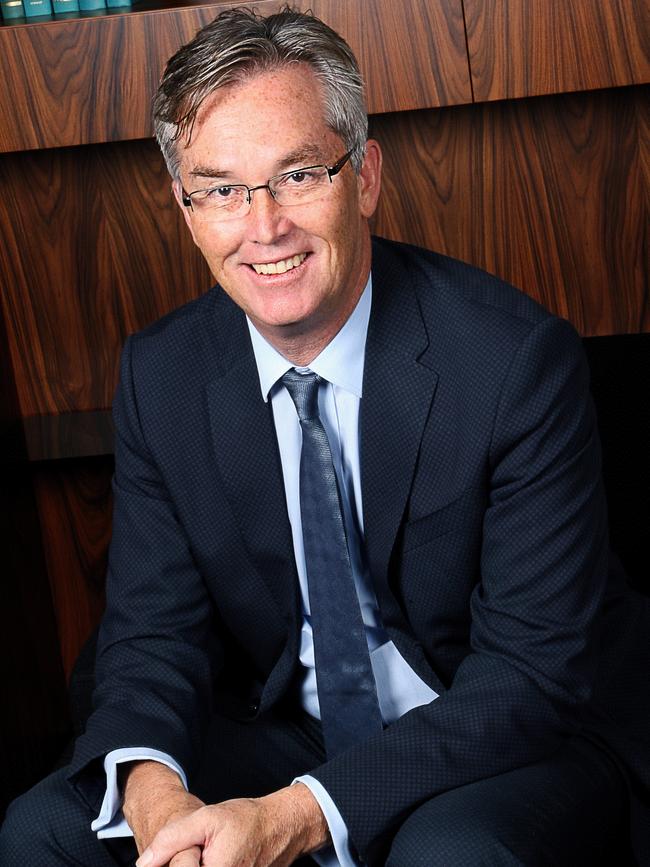
“The proficient standard is set at a ‘challenging but reasonable’ level of achievement, linked to the expectations in the Australian Curriculum,” he said.
“It is disappointing that the results suggest our next generation isn’t demonstrating a sufficient level of understanding of the significance and history of our democracy and shared values.”
Federal Education Minister Alan Tudge said students should leave school with a solid knowledge of democracy.
“The results are disappointing and we need to ensure we do better in the future,” he said.
“We all have an interest in our kids learning about our democracy before they hit voting age.”
The report showed 79 per cent of Australian Year 10 students were interested in world issues but only 35 per cent were interested in Australian politics.
And 45 per cent of Year 10 students were worried about terrorism and 63 per cent were worried about poverty. Of that same cohort, 69 per cent of students said they were happy to sign an online petition but only 51 per cent said they would stop buying a certain product as a form of protest.
Australian Catholic University education expert Dr Kevin Donnelly said social media was partly responsible for the poor knowledge of our democratic system.
“A lot of young people are reacting emotionally to issues because of social media rather than being rational and thinking it through carefully,” he said.
“Instead of coming to conclusions based on wide reading and balanced sources, they’re only getting an echo chamber.”
At both year levels, students who participated in school governance activities like student councils had higher average scores in the test.
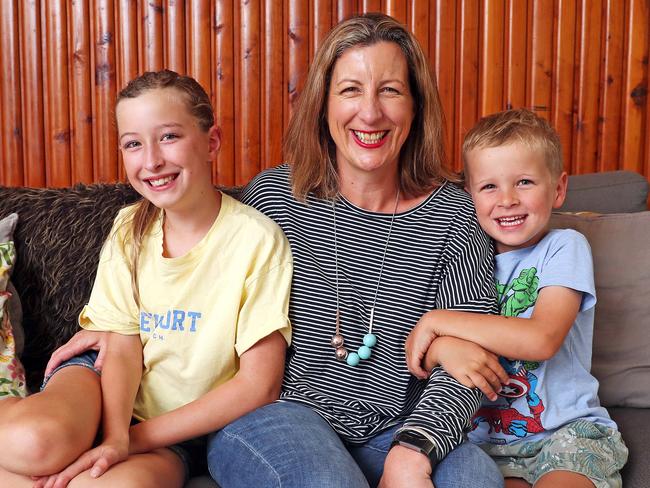
That includes Newport Public School student Isobella Quail, 11, who has been voted in as the school’s fundraising minister this year.
Her mother Nicola Quail agreed social media echo chambers were having a negative impact on students’ knowledge of democracy.
“We don’t sit down as a family and watch the 6pm news, so you don’t get that shared discussion and shared points of view, it is private viewing,” she said.
“It is concerning because those conspiracy theories we’re seeing at the moment have room to breathe because there is nobody refuting it.
“Young people aren’t having these discussions with an older person who can say ‘oh no, that’s actually not true’.”
Centre for Independent Studies education researcher Glenn Fahey said democracy 101 had been eclipsed by more fashionable social causes in the classroom.
“There clearly is a sense of interest and engagement in issues relating to the environment and human rights and less interest and knowledge about the democratic process, which is essential to a liberal democratic society,” he said.

